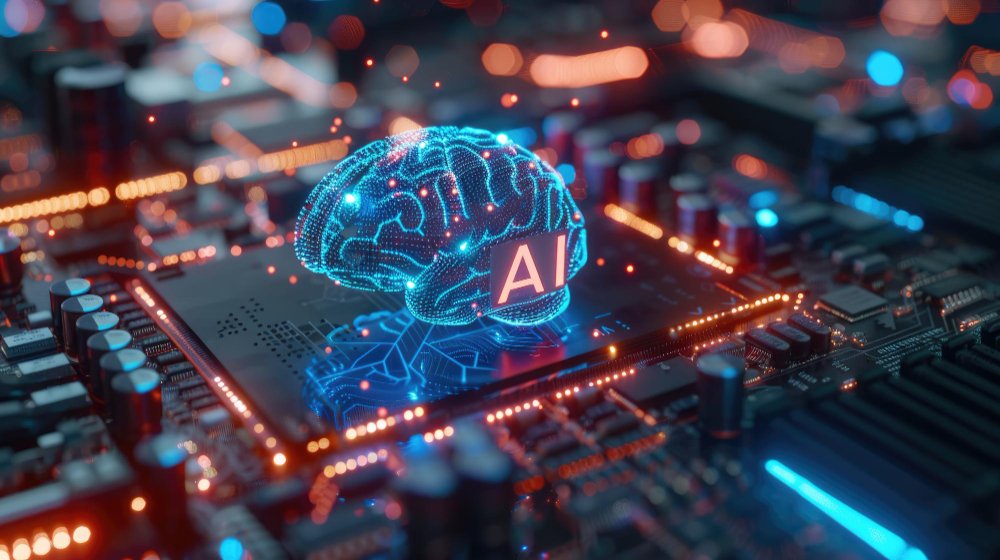A sense of humor is a uniquely human form of intelligence, right? Maybe—or maybe not. In fact, a newish batch of AI tools may be turning that logic on its head. The wider implications remain to be seen.
The Science of Humor and Laughter
There is a whole science of humor and what makes people laugh and why. It’s a complex and interesting question, one that can be explored from the angle of psychology, neuroscience, evolutionary biology, or other fields.
Many of us admire a sense of humor in others, look for it in a prospective partner, pay to be entertained by it, or take classes to develop more of it. Laughter also has many health benefits. Among them: reduced stress, anxiety and depression, decreased pain, and a lower risk of heart disease.
AI Bots That Make You Laugh?
Of course, humor is not a universal language. What makes you laugh may not make someone else laugh, for more than one reason, and there are degrees of funny.
Humor is also a nuanced and often spontaneous form of human intelligence and communication, so the notion of a bot performing standup comedy and making audiences laugh can seem a bit absurd. Even so, some AI tools may be pressing the limits of what we thought possible when it comes to machines expressing humor. Here are just four examples.
Examples of AI-Generated Humor Tools
PFFT got its name from the sound people’s lips supposedly make when they find something funny. AI prompt engineer Jeff Ganim designed the tool to create headlines like those of the humor publication The Onion. (The Onion began as a satirical newspaper in 1988, and over the years its trademark humor expanded to other media.) Users can supposedly type in a phrase or topic, and PFFT generates multiple funny headline options, based on the prompt.
AI Comedian is a “standup chatbot,” according to a March 2024 article in Fast Company, and is meant to provide jokes and funny material on demand. If you go to its website, you’ll be invited to “ask the AI stand-up comedian to tell funny jokes!” Users can type in a topic—say, for example, “going to the dentist”—and within less than a minute get several paragraphs of narrative from an AI comedian.
AI Comedy Skit also works off user prompts to “keep your audience in stitches with AI-generated jokes, puns, and humorous anecdotes tailored to their tastes, ensuring every laugh is genuine and memorable.” Supposedly, once logged in, users can find near-infinite inspiration for free, including results from other users’ prompts.
Punchlines.ai produces the kickers and zingers to users’ joke set-ups. In this sense, it might even be said to make some people funny or funnier than they are, as a “joke-generation tool.” It uses a type of AI known as “a large language model” to scan and cull the best punchlines from “thousands of late-night comedy monologue jokes.”
Explore our comprehensive guide to Artificial Intelligence courses in India
Could AI Give Us a Better Sense of Humor?
Yes, AI could make us funnier. One might argue that each of these tools does so in its own specific way.
AI tools like Punchlines.ai, which work synergistically with human users to create funny jokes, also pose another question: Could AI bots one day be our humor coaches and mentors? Anything is possible.



